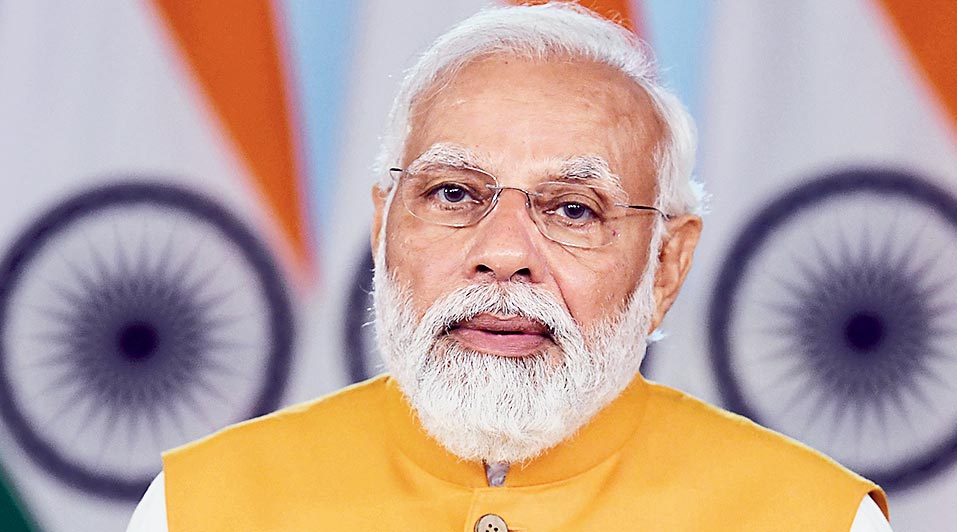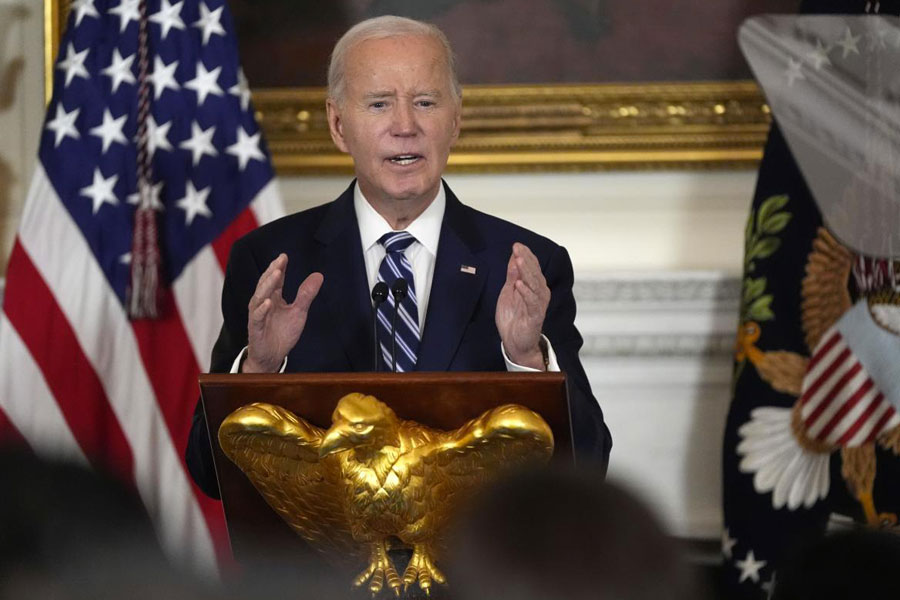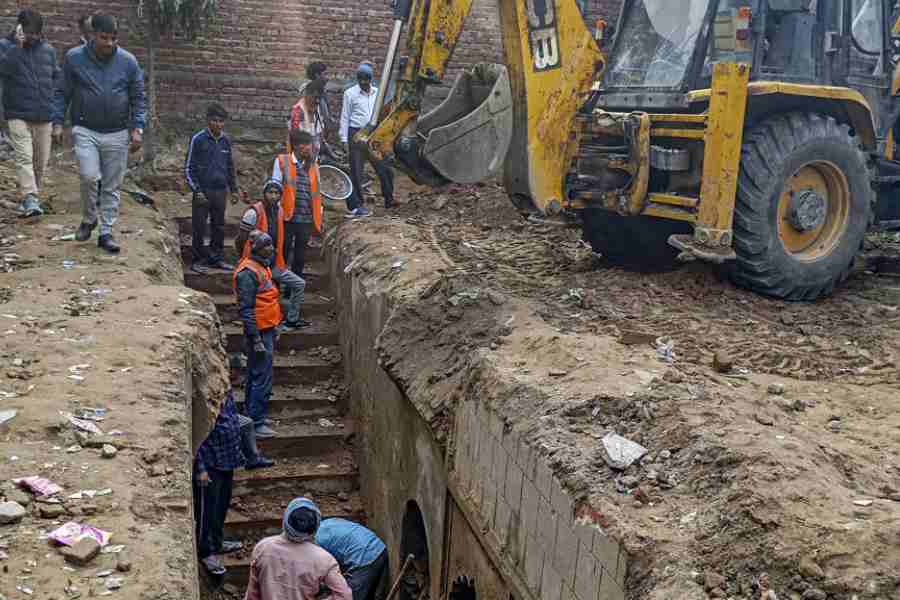Ruminations on India’s Republic Day may not be faulted for invoking Plato’s Republic. Reflections on the tenets of justice formed the core of this Socratic dialogue. The Constitution, which was adopted on January 26, 1950 — the nation’s first Republic Day — is, arguably, the ideal code of justice that was gifted to the nation. It laid down the parameters of a just compact between the citizen and the State. However, a little over seven decades later, there are reasons to speculate that several anomalies have crept into this supposedly equitable — thus just — relationship between ruler and subject. These creases are manifest in the form of several challenges that the modern republic’s citizens are being confronted with. For instance, there is the barely-disguised nudge on the part of the Supreme Leader — the prime minister — for citizens to accord greater importance to duties over rights. The citizens’ failure to put their duties on a pedestal, the prime minister argued, has led to the weakening of the nation. The discourse on probity is another interesting example in this context. Integrity is demanded of ordinary citizens; yet the ruling party thinks nothing of toppling governments formed by Opposition parties by expressly unethical means. Then, holders of constitutional office have argued in favour of the supremacy of Parliament. But does vox populi truly reverberate across its corridors? Truncated parliamentary sessions and hasty passage of bills concerning public welfare are hardly emblematic of a citizen’s Parliament. A related dimension is the constant tussle between governors and governments in states that have the Opposition in power. A deterioration in the standards of quality and seamless governance is the inevitable consequence of these undesirable confrontations.
The weakening of certain constitutional principles has been the hallmark of the Narendra Modi regime. The Constitution’s inclusive, pluralist vision lies imperilled. What is taking place along with this impoverishment of the foundational vision is a subtle shift in the equilibrium between the people and the republic. The onus of duty seems to rest disproportionately on the citizen even as the State turns its face away from guaranteeing the rights of those on the margins. This Republic Day should be a solemn occasion for citizens to contemplate a new set of responsibilities. Reclaiming the shrinking ground of rights, paving an even-handed contract with the State, and strengthening the public commitment to constitutional imperatives must rank high on this charter of tasks.










